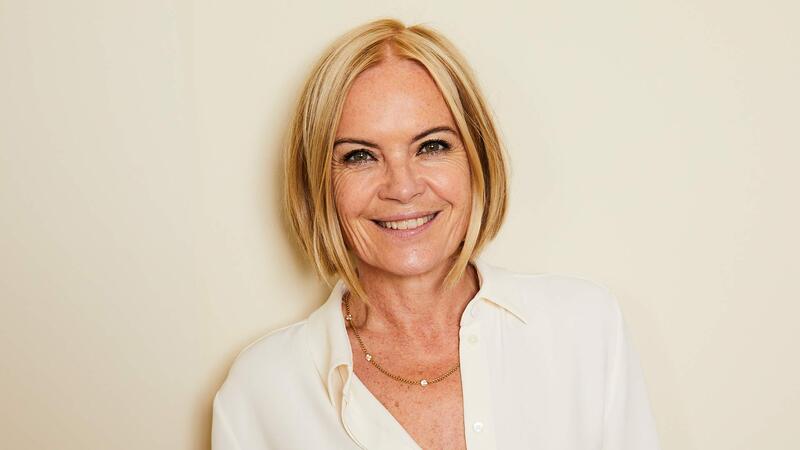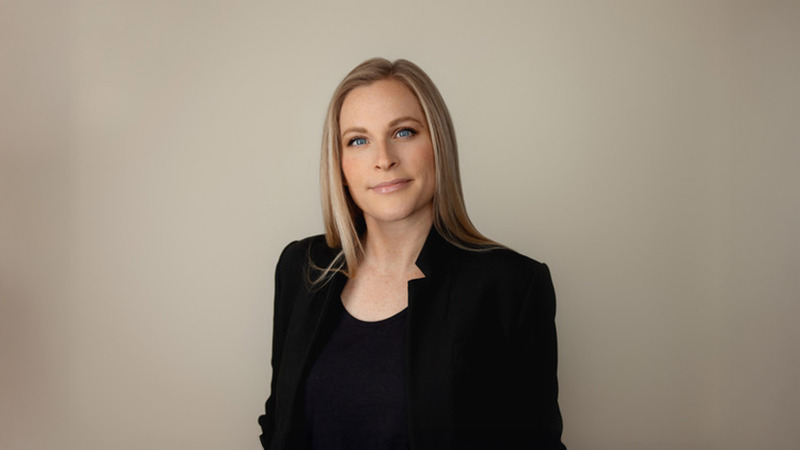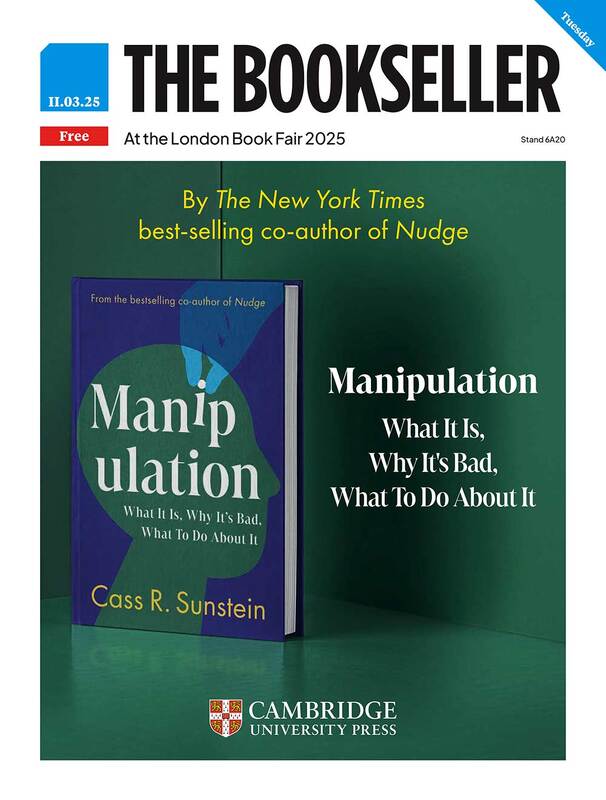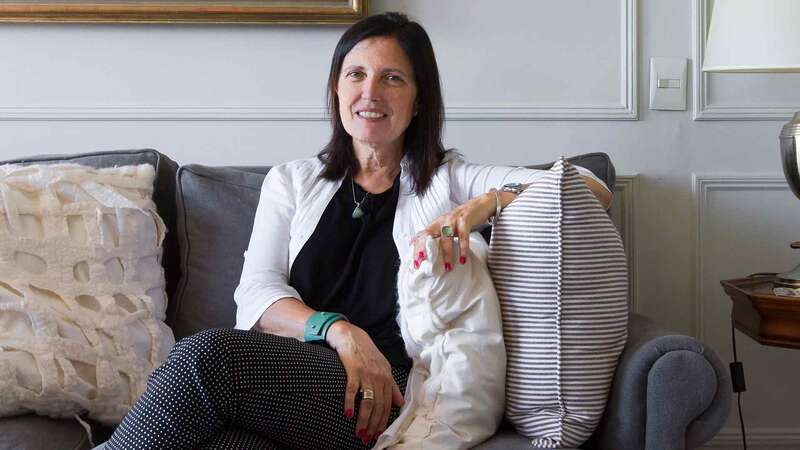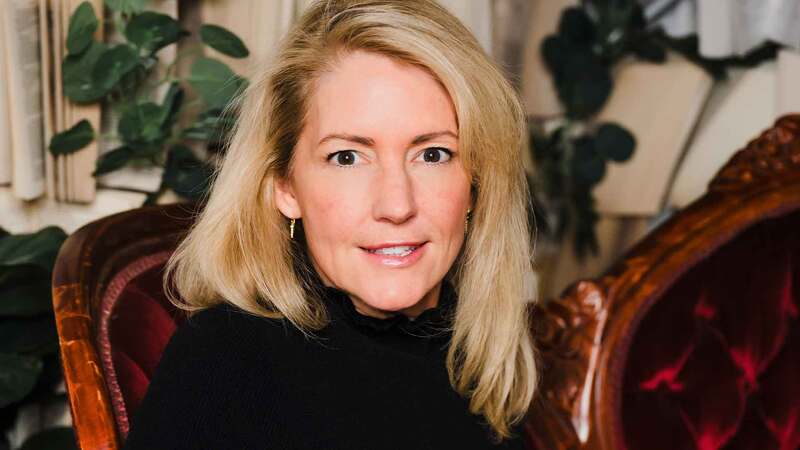You are viewing your 1 free article this month. Login to read more articles.
English PEN reviews policies after Galizia family concerns
English PEN has revealed it is embarking on a review of its policies after being accused of a potential conflict of interest with one of its board members.
The free speech charity has come under pressure to remove Anthony Julius, deputy chairman at law firm Mishcon de Reya, from its board, after the family of a murdered Maltese journalist accused the London firm Julius works for of having "consistently threatened and harassed" their mother and "sought to cripple her financially with libel action in UK courts".
Although English PEN once campaigned for the late Daphne Caruana Galizia, an anti-corruption activist who reported on political events in Malta, it has refused to sever ties with Mischcon de Reya litigation lawyer Julius despite being urged to by her three sons.
Matthew, Andrew and Paul Caurana Galizia had appealed to English PEN in a letter. "The firm sought to cripple her financially with libel action in UK courts," the brothers said. "Had our mother not been murdered, they would have succeeded ... The campaign for justice in our mother’s case cannot be disentangled from the abuse that she suffered at the hands of Mishcon de Reya’s lawyers. The reputational damage to English PEN is only going to get worse for as long as [Julius] is there and his firm continues to harass and intimidate journalists."
English PEN, which as a charity is dependent on a range of expertise for good governance, said Galizia's family had raised important issues which it was now working through with a group of trustees (all of whom are journalists). Speaking to The Bookseller about the situation, English PEN director Antonia Byatt said: "I assure you we are not just ignoring the issue. We are getting on with sorting it out; but we are not going to do it without being rigorous."
After meeting with Matthew Galizia, Byatt said English PEN's inquiry will be two-fold: it will consider if there are increasing difficulties for freelance journalists particularly, who don't have the same support as journalists working for larger companies, and discuss the issues raised by the Galizia case about how English PEN can best work with lawyers in the future.
In a formal statement issued on its website, Byatt and chair of trustees Maureen Freely said: "These discussions have flagged a really important question of principle for us: what should English PEN’s position be on working with lawyers to protect freedom of expression in this country and in the many other countries where we work?
"Therefore, we have decided to convene a small working party of our trustees which will not include either of the lawyers on the board, or the president of English PEN (who is himself a lawyer), to devise a policy for us on this question. We shall be reaching out to our stakeholders, including editors, investigative journalists, writers, and translators, and we hope to begin this process by discussing it with Matthew in depth."
No deadline for the recommendations of the working group has been outlined, but English PEN said it would be working "as quickly as we can" to draw conclusions.









